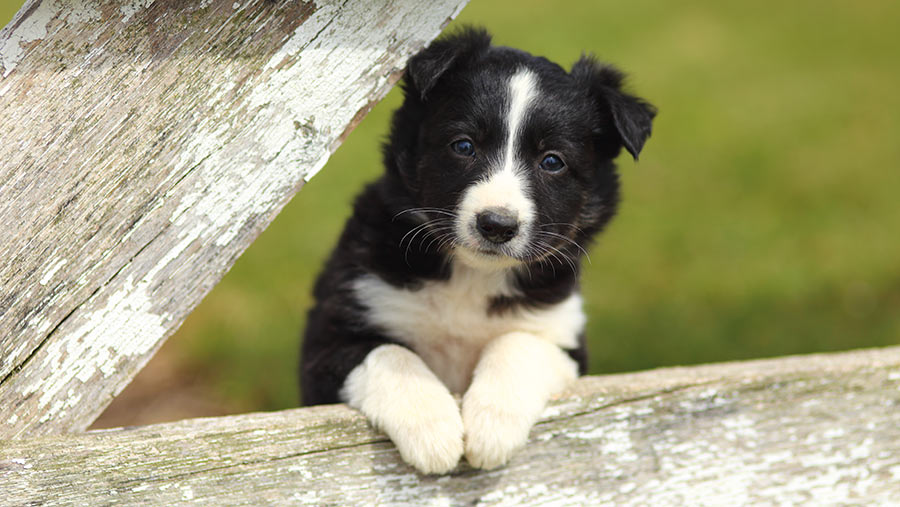The goodness of the shepherd is understated.
Things from the Bible take on a life of their own after a while, one of the more notable is the story of the Good Samaritan. In common parlance these days, we only use the word 'Samaritan' with the qualifier 'Good.' And if someone were to refer to someone as a 'Samaritan,' you would assume that the person in question had done something good or charitable. You would assume that the 'Samaritan' was by definition good.
But hold on, gang, because the reason that the story was so surprising was that the audience was not expecting the Samaritan in the parable to be good. They were expecting the priest or the Levite to take care of their own, to do the good thing. They weren't expecting the Samaritan to do that. So the surprising part of the parable is that the Samaritan is good, though he is not expected to be, though he has no motivation to be. He doesn't owe the beaten man anything, they're natural enemies, but he still does the work to take care of him, nurse him back to health, at his own expense.
So the Good Shepherd works the same way. We would expect a good shepherd to be good at the job of shepherding. That is, does he keep track of the sheep, does he take appropriate bathroom breaks, does he show up to work on time and give 110% while he's at work? Does he show up 15 minutes before his shift, and leave no earlier than 10 minutes after his shift is over? What a good shepherd.
We think of a good employee at being good vis a vis his employer. Does he do his job to his employer's satisfaction? Or, we can look at it from the other direction, does the employee give great service to the customer? Is the waiter attentive to the needs of the diners whether the manager or owner cares or not? Where we don't tend to think of it is the question of how does the employee treat the goods? That's a much lesser concern, and one that doesn't factor in to the decisions of big capital. Are you good for the boss or the customer? Not are you good for the product.
But the good shepherd is set apart for the goodness that he has for the sheep. Not for the employer, nor the end customer, but for the sheep. And that's unexpected, because the feeling of the livestock very rarely factors into decisions. Who cares if the sheep are enjoying themselves? The average farmer or rancher, though caring and conscientious, won't die for the livestock. The livestock are an investment, a store of value, something to help you live your life. They're there to enable you, not for you to enable them. There's no sense in you laying down your life for the sheep any more than there would be sense in you laying down your life for your work truck, or your toolbox or whatever. Those things are there to help you in your livelihood, which is harder to enjoy if you're dead.
The Good Shepherd is there for the sheep. He cares about the sheep far FAR more than he should. He doesn't view the sheep as a store of value, or as a means to an end, he views them as important in and of themselves. This is much more of the way a person would view a pet than livestock. There was a time where people would view dogs as a working animal only, to live outside and do their jobs. And nobody would lay down their life for that. But perception of dogs changed over time, they became companions and friends, and eventually family. And as family, they were the sort of thing that people would lay down their lives for that animal. Why?
The dog didn't change. Dogs haven't changed much time since we viewed them as tools, to be sure. But what did change is how we viewed them. We changed our perspective on them, changed our view of what it means to live with dogs, and then changed how we treat them and behave around them. All that was required was a change in our perspective, not a change in the dogs. We decided to view them as family, and therefore they became so. If a shepherd decides to view the sheep as family, as worth more than an financial investment but as family, then he would then treat them as such. If the shepherd declares them as family, they therefore would become family. The shepherd decides.
So what that means is that you have a rare assessment. The sheep get to decide if the shepherd is good or not. The hired hands are deemed to be bad based on the fact that they would choose to desert, to leave the sheep defenseless. But the good shepherd is viewed as good by the perception of the sheep. It's rare, to be sure, for the sheep to get a vote, but they do. And if sheep could vote on the quality of a shepherd, what would they vote on? They'd vote on whether the shepherd makes them down to lie, leads them beside still waters, restores their souls, leads them in paths of righteousness for his name's sake, etc. It wouldn't be a vote on whether the shepherd is efficient, or prompt, or anything like that. How does the shepherd treat his sheep.
It's rare then as now to consider the possibility that a shepherd would care so much for the sheep that he would die, but that's the difference between a shepherd and a good one. That he would declare the sheep as worth it, and then would act accordingly.
